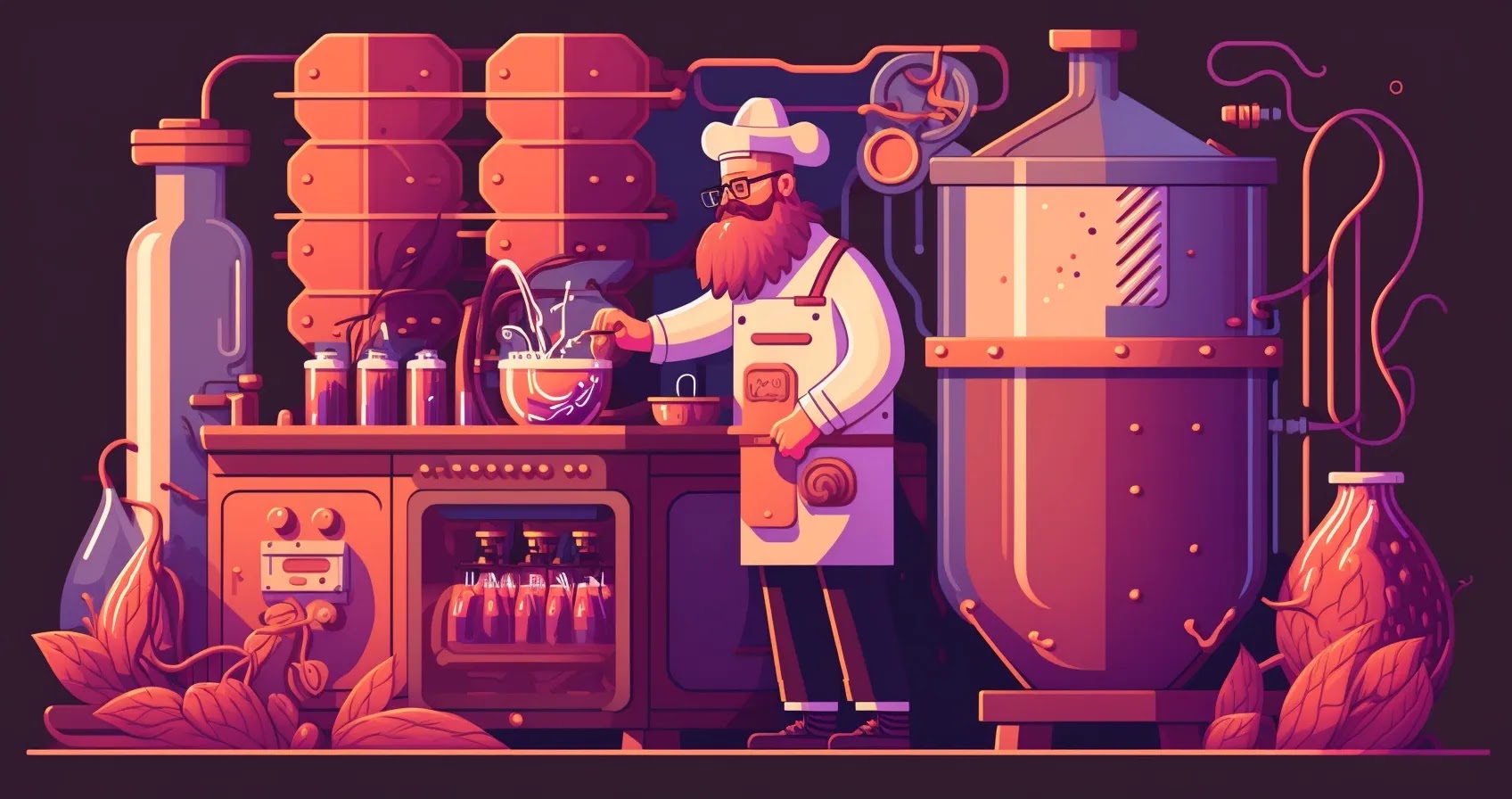Fermentation engineering is a highly specialized field that combines biology, engineering, and chemistry to develop and improve fermentation processes.
As a fermentation engineer, you will be responsible for designing, optimizing, and troubleshooting fermentation processes that are used in a variety of industries, including food and beverage, pharmaceuticals, and biofuels.

Reasons to Become a Fermentation Engineer
There are several reasons why you should consider becoming a fermentation engineer. First, the demand for experts in this field is high, and the job outlook is excellent.
Second, it is a challenging and intellectually stimulating field that requires a unique blend of technical and creative skills.
Third, the work you do as a fermentation engineer can have a significant impact on society by helping to develop new and innovative products and processes.
How to Become a Fermentation Engineer
To become a fermentation engineer, you will typically need a bachelor’s degree in chemical engineering, bioengineering, or a related field. Some employers may require a master’s degree or higher.
You will also need to have a strong foundation in biology, chemistry, and mathematics. In addition to formal education, you can gain practical experience through internships, co-op programs, or research projects.
Skills for Fermentation Engineers
To be successful as a fermentation engineer, you will need a variety of technical and soft skills. Technical skills include knowledge of fermentation processes, bioreactor design, and data analysis. Soft skills that are important include critical thinking, problem-solving, communication, and teamwork. You will also need to be detail-oriented and able to work independently.
Career Development
As a fermentation engineer, you can expect to work for a variety of companies in the food and beverage, pharmaceuticals, and biofuels industries. You may start as a junior engineer and work your way up to a senior-level position. Alternatively, you may choose to specialize in a particular aspect of fermentation engineering, such as bioreactor design or process optimization.
Requirements of Fermentation Engineers
The requirements for fermentation engineers vary depending on the employer and the specific job. In general, you will need a bachelor’s or master’s degree in a related field, as well as experience in fermentation process development and optimization. Some employers may require certification or licensure, depending on the industry and the job.
Interview Preparation for Fermentation Engineers
To prepare for an interview as a fermentation engineer, you should be familiar with the company and the industry. You should also be prepared to discuss your technical skills and experience in fermentation process development and optimization. Be ready to provide specific examples of projects you have worked on and problems you have solved.
Work-Life Balance
As a fermentation engineer, you can expect to work full-time, with occasional overtime as needed. The work can be demanding, but many employers offer flexible schedules and remote work options. It is important to maintain a healthy work-life balance by taking breaks, exercising, and spending time with family and friends.
A Day in the Life of a Fermentation Engineer
A typical day for a fermentation engineer may involve designing, optimizing, or troubleshooting fermentation processes. You may also be involved in data analysis, process documentation, and project management. You may work independently or as part of a team, depending on the project.
| Time | Activity |
|---|---|
| 8:00 AM | Arrive at work, check emails |
| 9:00 AM | Work on bioreactor design project |
| 12:00 PM | Lunch break |
| 1:00 PM | Attend team meeting to discuss project progress |
| 2:00 PM | Optimize fermentation process using data analysis |
| 4:00 PM | Document process changes and update project plan |
| 5:00 PM | Wrap up for the day and head home |
Wrapping Up
Becoming a fermentation engineer can be a rewarding and challenging career choice. With the right education, skills, and experience, you can help develop new and innovative products and processes that have a significant impact on society. If you have a passion for biology, chemistry, and engineering, and enjoy problem-solving and critical thinking, fermentation engineering may be the perfect career for you.










